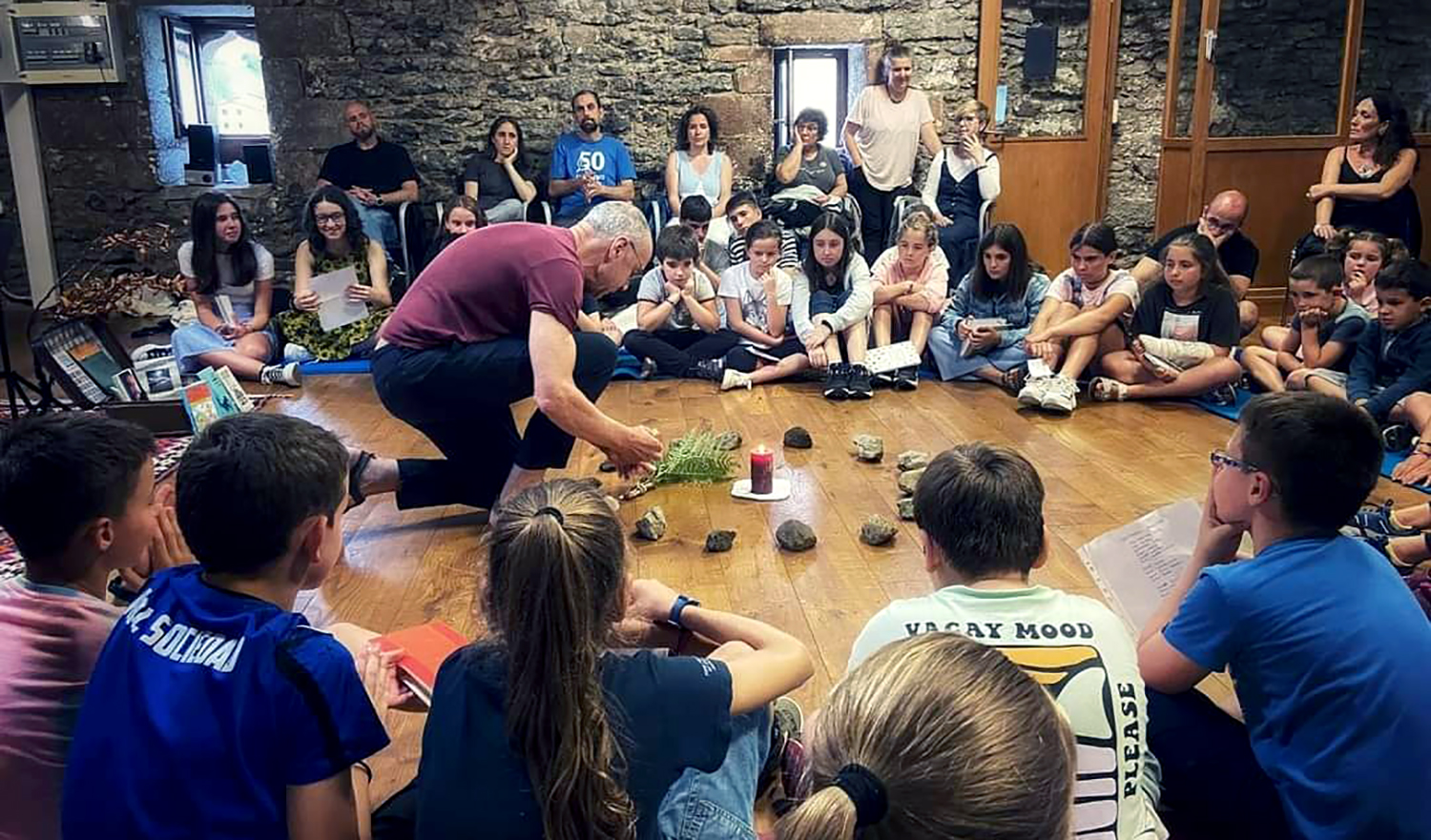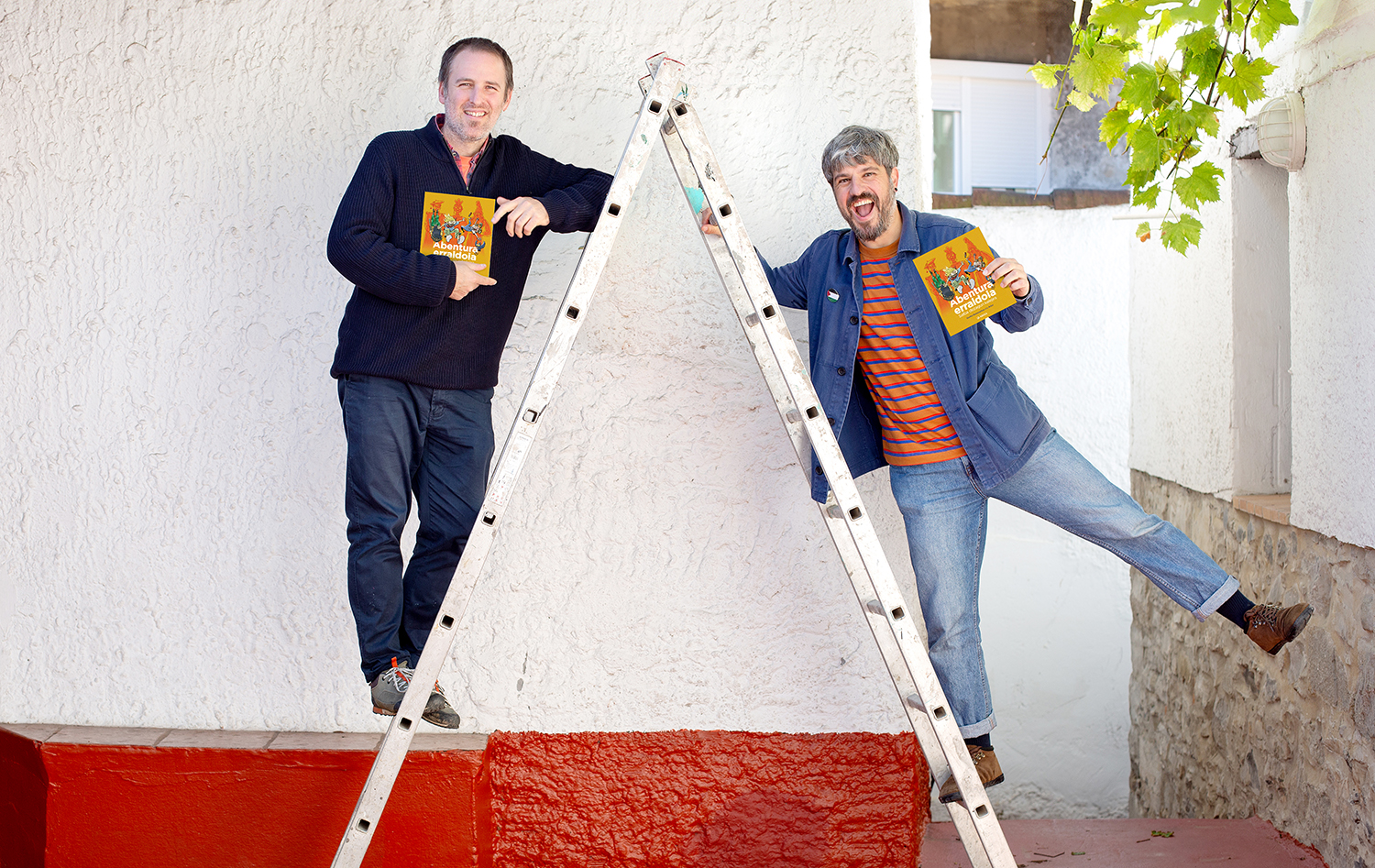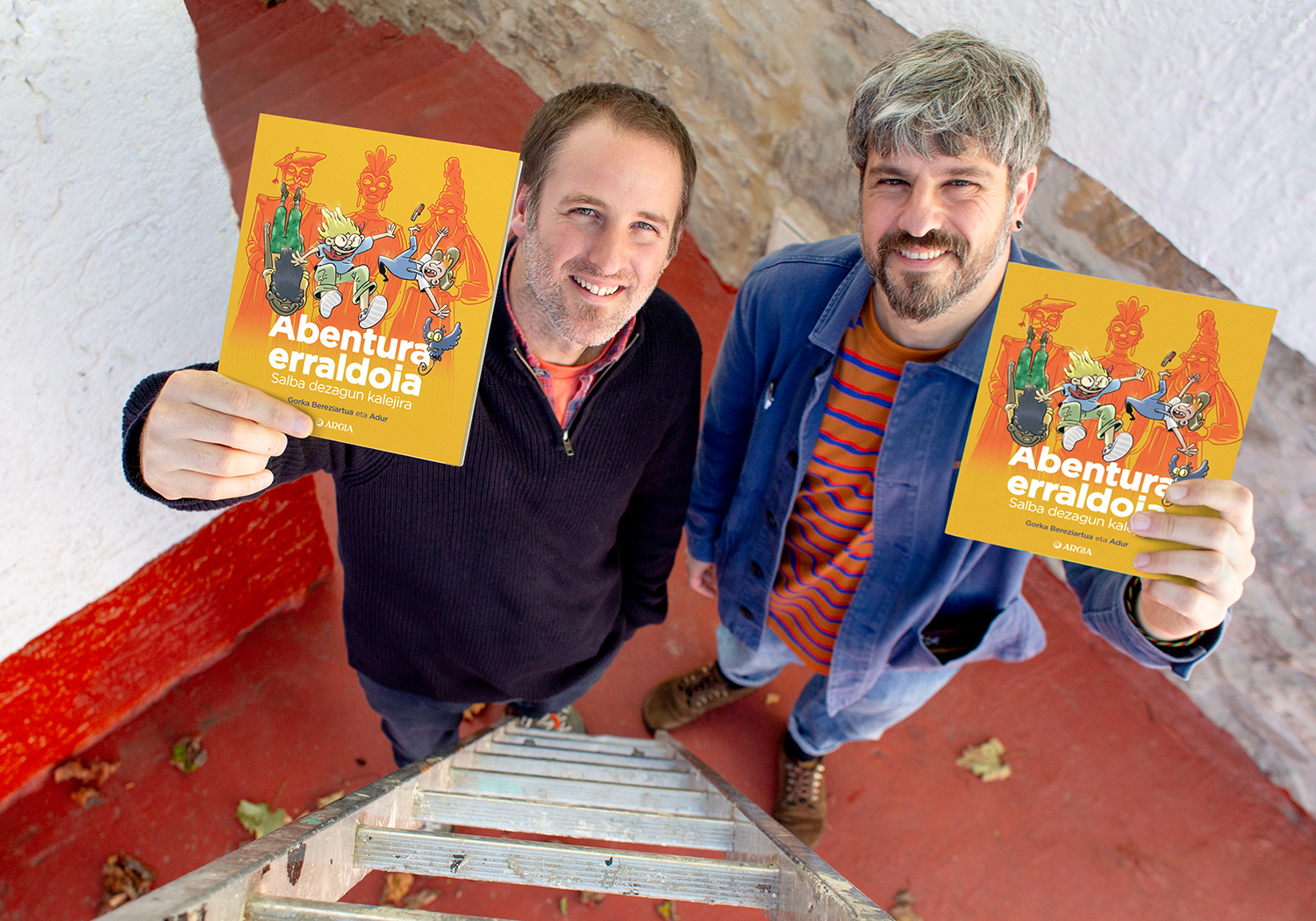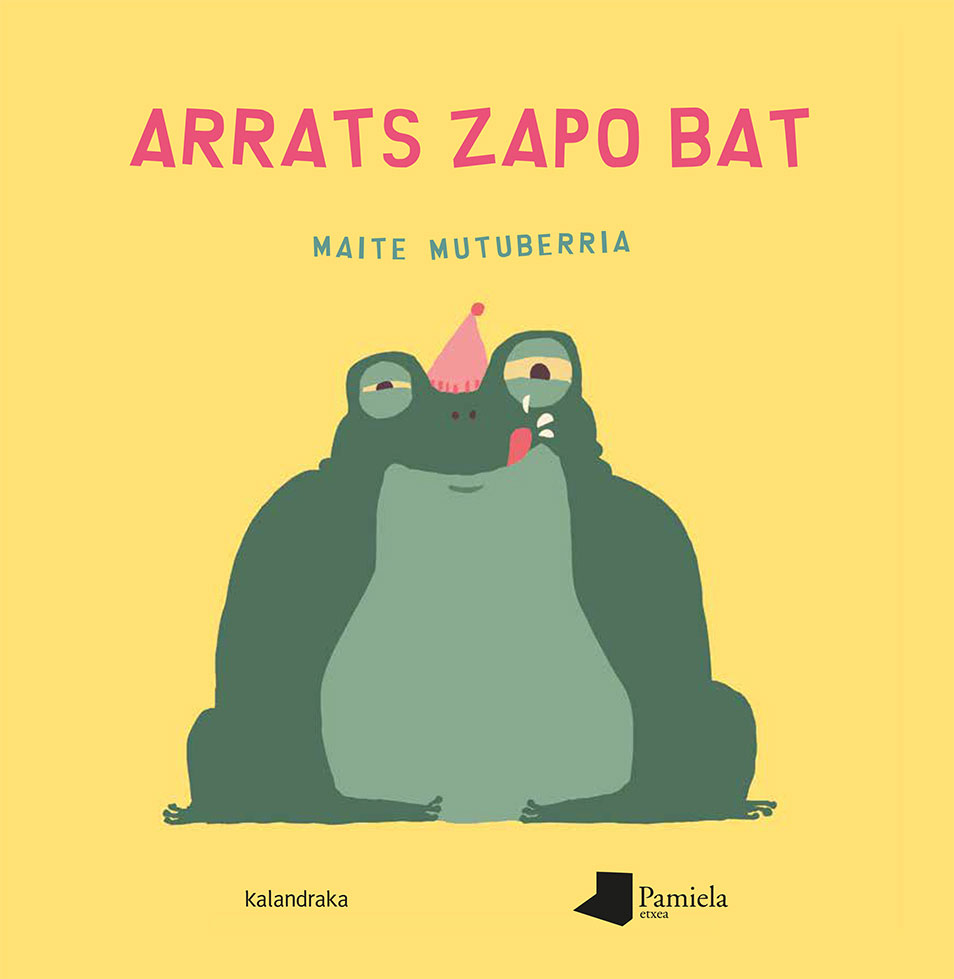A World, Marijane
- When an elderly (writer) dies, it is part of the memory of the world that melts in nowhere. The measures can be applied to the resolution of the well-known Amadou Hampaté Ba and to the creation of writers in Banka. I think that idea was the one that tore my hull when I was informed of the death of Marijane Minaberri (1926-2017).
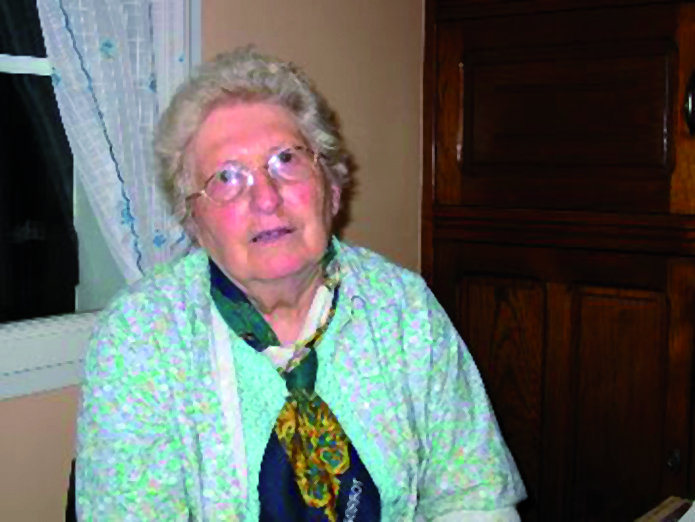
He spent most of his life between Baiona and Uztaritze working in the newspaper Trailers-Eclair, the majority of the secretaries, but from time to time he published articles to satisfy the reading of the Basques of yesteryear. It has to be said that in those times the habit of reading was strong in society... and was a pioneer in all the fields he addressed: journalism, radio and literature, without ever shrugging his shoulders.
He was an acting in the shadow, in a way the Basque things and the Basque children were going through, moving silently and in the humility that corresponded to the women of then, breaking some rather humiliated lines. Because few women became famous throughout the history of the Northern Word, apart from Maddi Ariztia of the late 19th century and Madalena Jauregiberri de Alos, to which Marijane belonged. In diligence, he used pseudonyms to sign writings, such as Andereño or Atalki, as a guarantee of anonymity.
When we were children, the Txori Kantaria collection sent to us by the uncle of Paris at Christmas, with his possessions saved from his green skin, would put us the enthusiasm of the Basque Country, turning into myths elements of our natural environment such as rain, snow, birds, lapines, mountains and rivers. Later, with the help of the Haize Garbia association, we echoed the two volumes of the Basque Dictionnaire pour tous to try to soften the harsh sentences of our prayers.
Marijane Minaberri’s look, the coquette and the determined we see it only in the photos we have already seen. For example, in a number of the series essential for travellers. In the weekly Herria I was not afraid to answer Ezponda without hair talking to the bertsolari of the wives' place, on the contrary. However humble it may be, it can be curious.
Sometimes I think that Marijane Minaberri opened the door to the generation of female writers and women in square that have grown today in the north (and also in the south, because the situation was no better). The tangible nature of reflection makes me orphan this morning.
Marijane, singing now in our hearts!
Saran egingo da urriaren 11 eta 12an, eta aurtengoa laugarren edizioa izango da.
-It was an ordinary afternoon. For anglerfish.” This evening is what Maite Mutuberria tells us in this album. The book has very few texts and the images tell us very well the development of history.
From the beginning we can see in the illustrations a large and quiet... [+]
The one who approaches this book, first of all, will be with G. It meets the images of Mabire. They are comic style images, very accurate strokes and celestial experiences that help to easily interpret characters and situations. These images coincide with the text, which is... [+]











